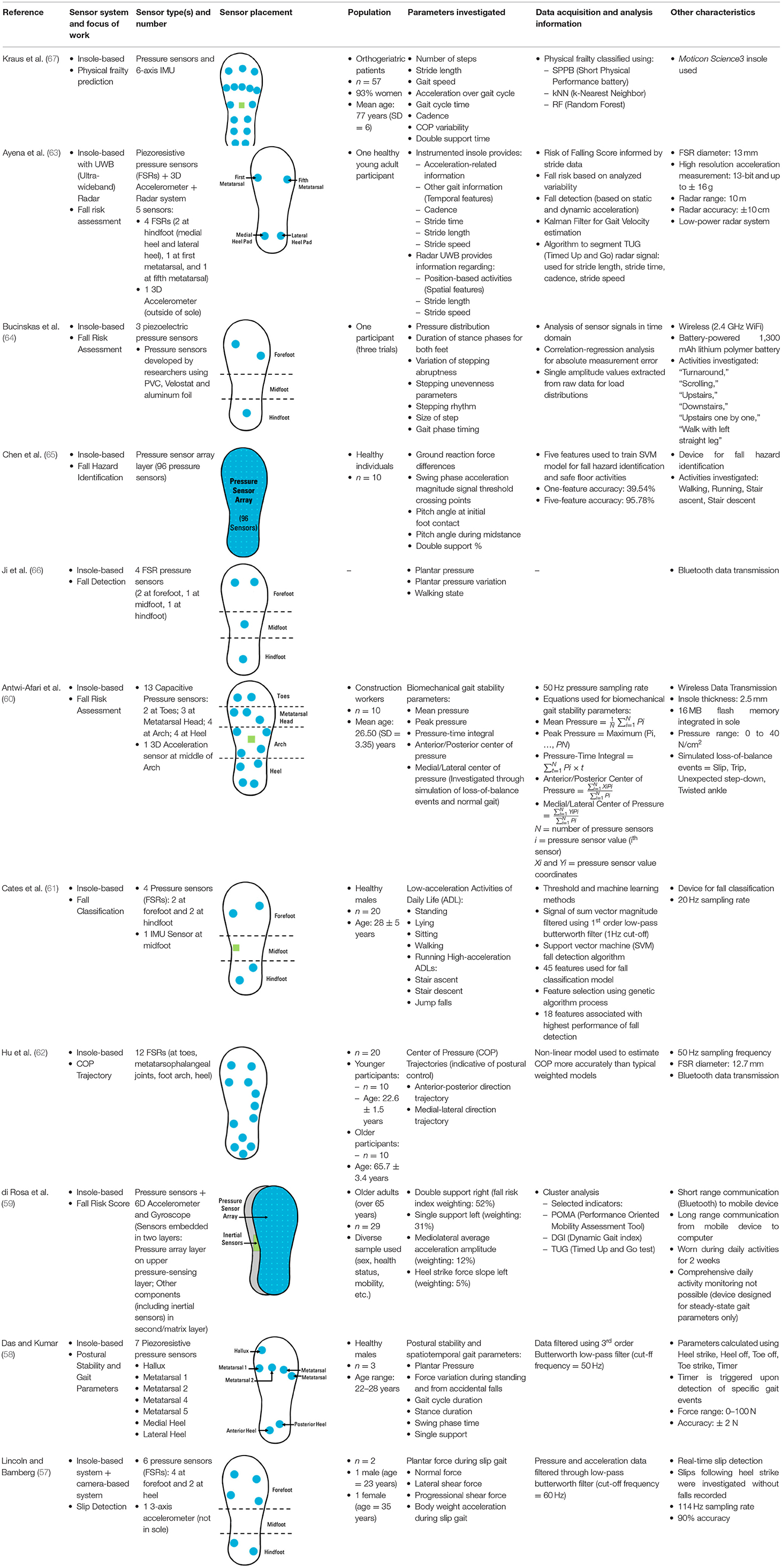The Ultimate Guide To Dementia Fall Risk
The Ultimate Guide To Dementia Fall Risk
Blog Article
The Facts About Dementia Fall Risk Revealed
Table of ContentsFascination About Dementia Fall RiskSome Ideas on Dementia Fall Risk You Need To KnowDementia Fall Risk Things To Know Before You BuyAn Unbiased View of Dementia Fall RiskTop Guidelines Of Dementia Fall Risk
In the neighborhood, inadequate road lights or unguarded creeks and landfills might additionally cause mishaps. Falls Danger Assessment Device (FRAT) is a 4-item falls-risk testing tool for sub-acute and property care. The FRAT has 3 sections: drop threat condition, danger variable checklist, and activity strategy. A Fall Danger Status includes information concerning history of current drops, medications, mental and cognitive standing of the individual.If the person ratings on a risk variable, the corresponding variety of points are counted to the individual's fall threat rating in package to the much best. If a client's autumn danger rating amounts to 5 or greater, the individual goes to high danger for drops. If the client ratings only 4 factors or lower, they are still at some danger of falling, and the nurse ought to utilize their finest medical analysis to handle all autumn threat elements as part of a holistic treatment strategy.
These basic techniques, in general, aid establish a safe atmosphere that reduces unexpected falls and defines core preventive procedures for all people. Indicators are important for individuals at threat for falls.
The 6-Minute Rule for Dementia Fall Risk
Wristbands should include the patient's last and very first name, day of birth, and NHS number in the UK. Details must be printed/written in black against a white history. Only red color should be utilized to signal special person standing. These referrals are regular with current developments in person identification (Sevdalis et al., 2009).
Items that are too far might call for the person to connect or ambulate needlessly and can possibly be a hazard or contribute to drops. Aids protect against the person from going out of bed with no help. Nurses respond to fallers' telephone call lights faster than they do to lights initiated by non-fallers.
Aesthetic disability can greatly create drops. Keeping the beds closer to the flooring minimizes the risk of falls and serious injury. Positioning the cushion on the floor dramatically decreases loss risk in some health care settings.
The Best Guide To Dementia Fall Risk
Clients that are tall and with weak leg muscle mass that attempt to remain on the bed from a standing position are most likely to drop onto the bed because it's as well reduced for them to decrease themselves securely. Also, if a high patient attempts to get up from a reduced bed without help, the patient is likely to drop back down onto the bed or miss the bed and fall onto the floor.
They're designed to advertise prompt rescue, not to avoid drops from bed. Distinct alarm systems can additionally remind the individual not to stand up alone. Using alarms can likewise be a replacement for physical restrictions. Besides bed alarms, increased supervision for high-risk patients also may aid stop drops.

People with an evasion gait increase fall opportunities considerably. To reduce loss danger, shoes should be with a little to no heel, thin soles with slip-resistant tread, and sustain the ankles.
The Best Guide To Dementia Fall Risk
Patients, particularly older adults, have reduced visual capacity. Illumination a strange atmosphere aids enhance visibility if the patient have to stand up during the night. In a study, homes with appropriate lighting report less falls (Ramulu et al., 2021). Enhancement in illumination at home may lower fall prices in Click Here older grownups (Dementia Fall Risk). Using gait belts by all healthcare providers can advertise security when assisting clients with transfers from bed to chair.

Caretakers work for assuring a secure, secured, and safe atmosphere. However, research studies showed extremely low-certainty proof that caretakers lower loss risk in acute care medical facilities and just moderate-certainty that alternatives like video monitoring can reduce sitter use without raising loss threat, recommending that caretakers are not as beneficial as originally thought (Greely et my review here al., 2020).
See This Report on Dementia Fall Risk

Raised physical conditioning reduces the threat for falls and restricts injury that is received when autumn takes place. Land and water-based workout programs may be in a similar way helpful on balance and stride and consequently decrease the risk for drops. Water exercise might contribute a favorable advantage on equilibrium and gait for ladies 65 years and older.
Chair Rise Workout is more an easy sit-to-stand workout that helps reinforce the muscle mass in the upper legs and buttocks and boosts movement and self-reliance. The objective is to do Chair Increase workouts without using hands as the customer becomes stronger. See resources section for a thorough instruction on just how to perform Chair Rise workout.
Report this page